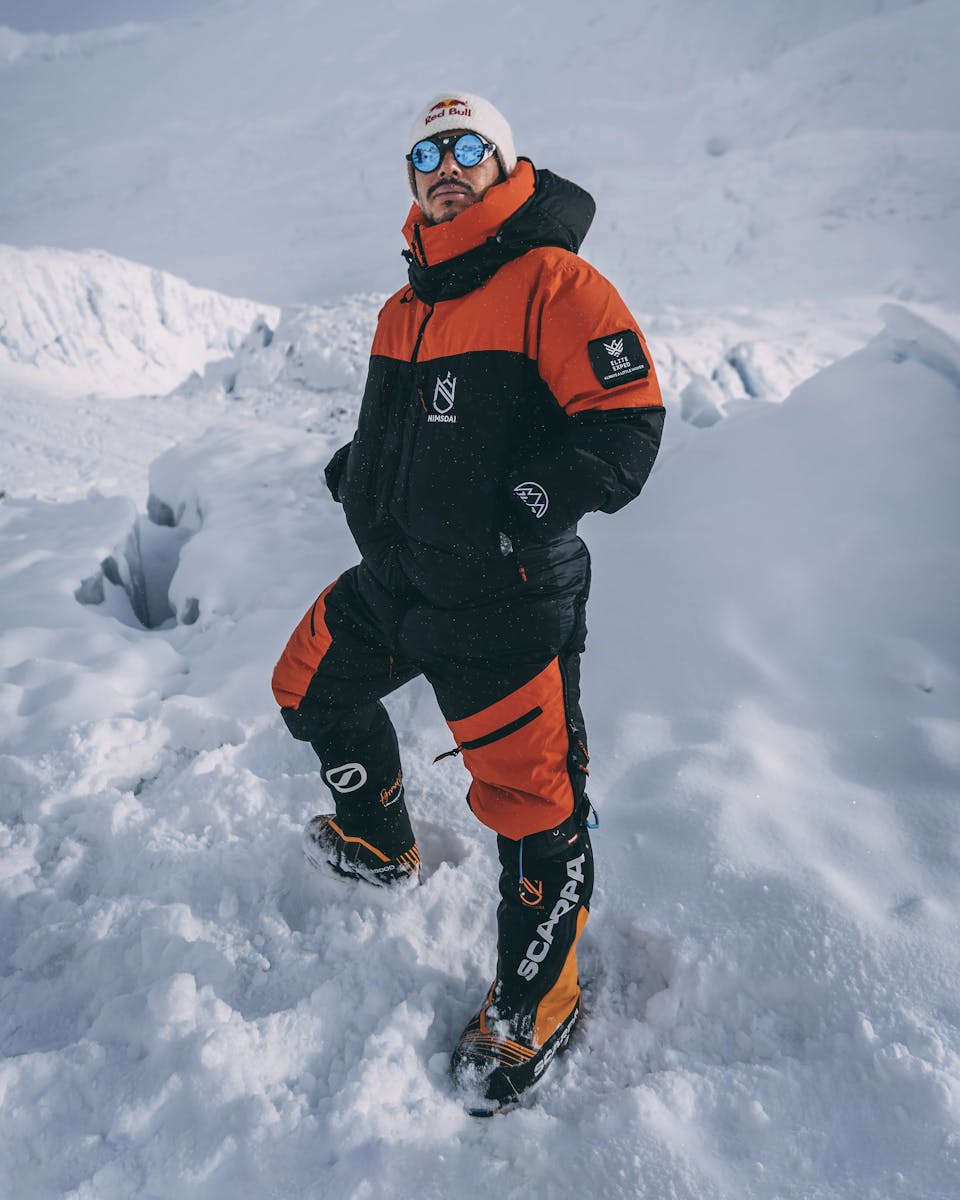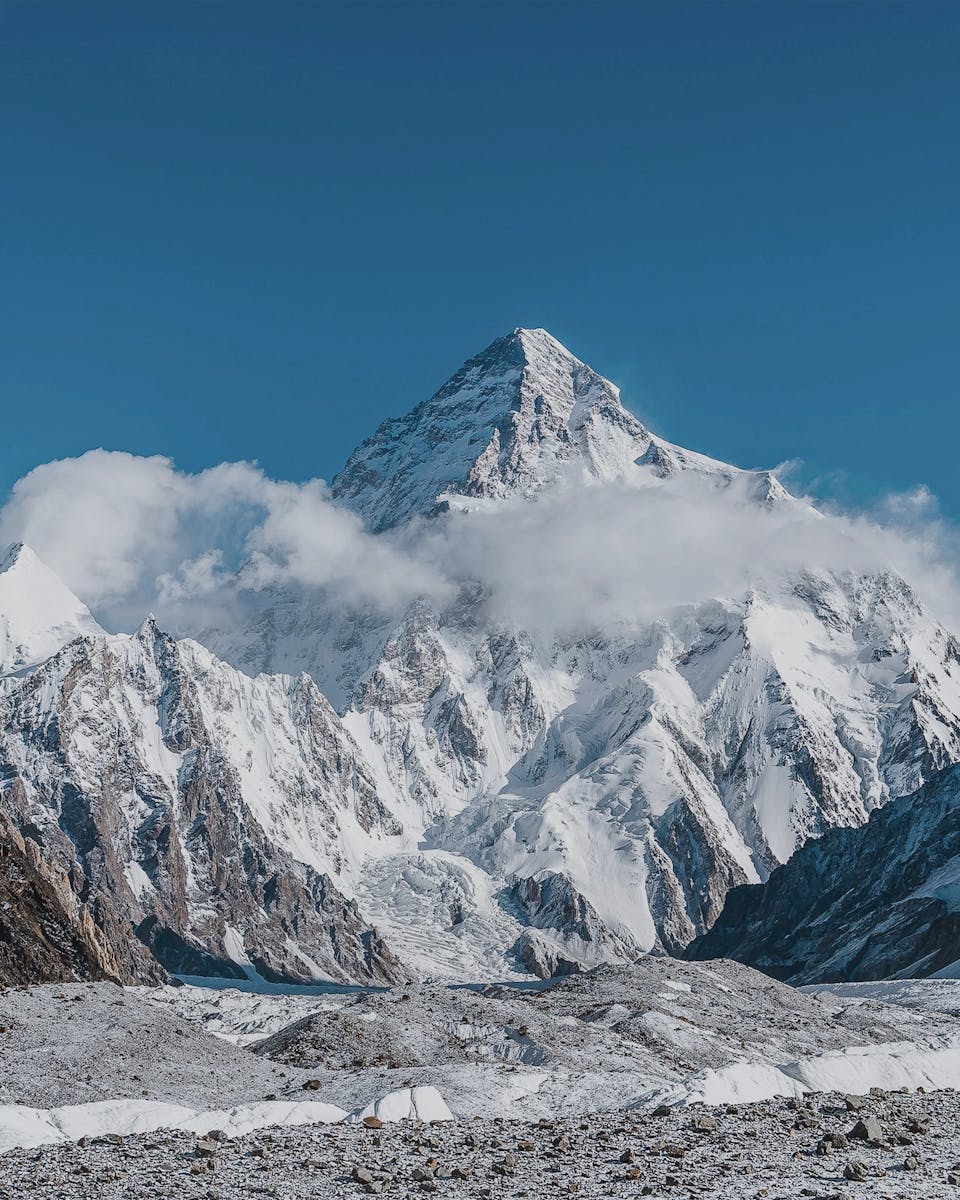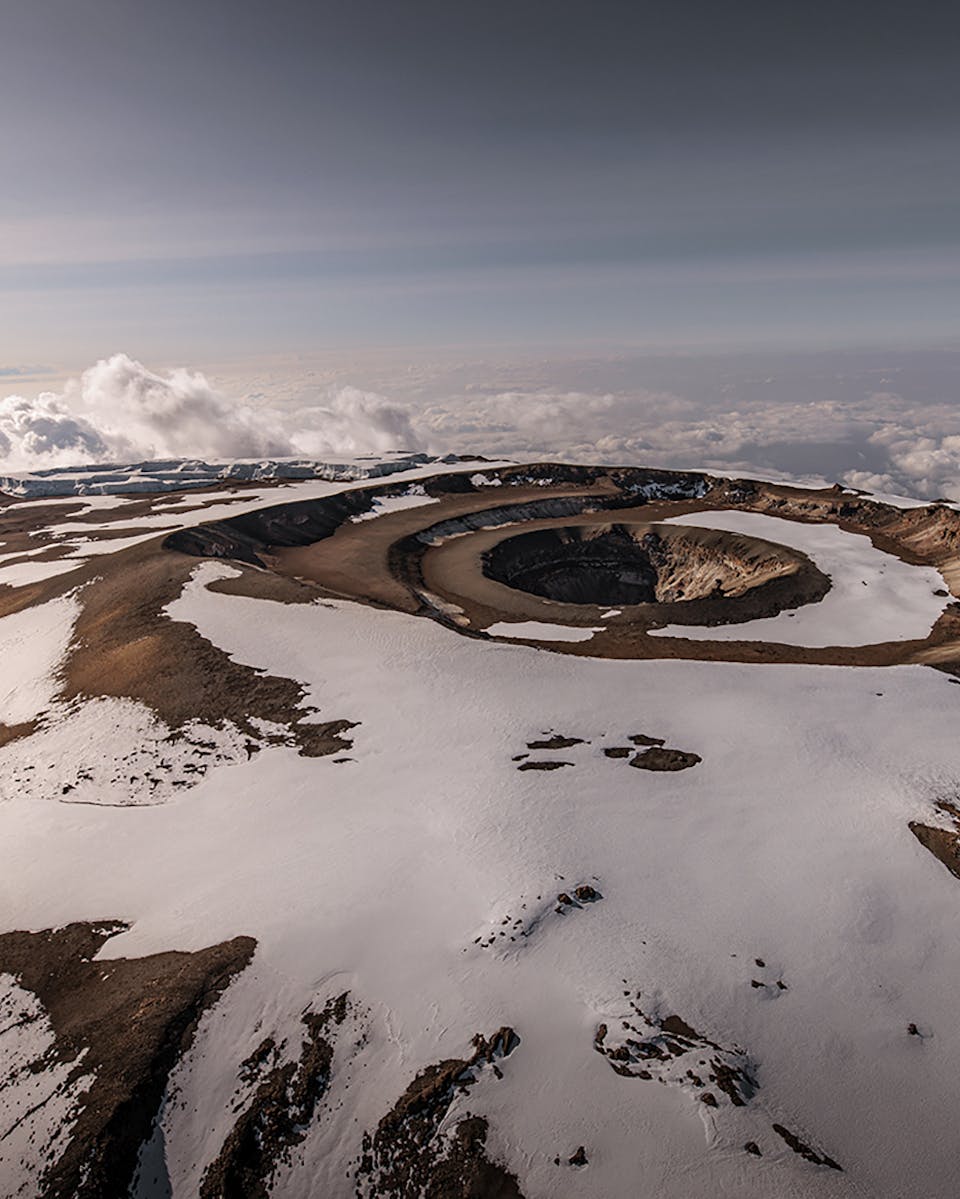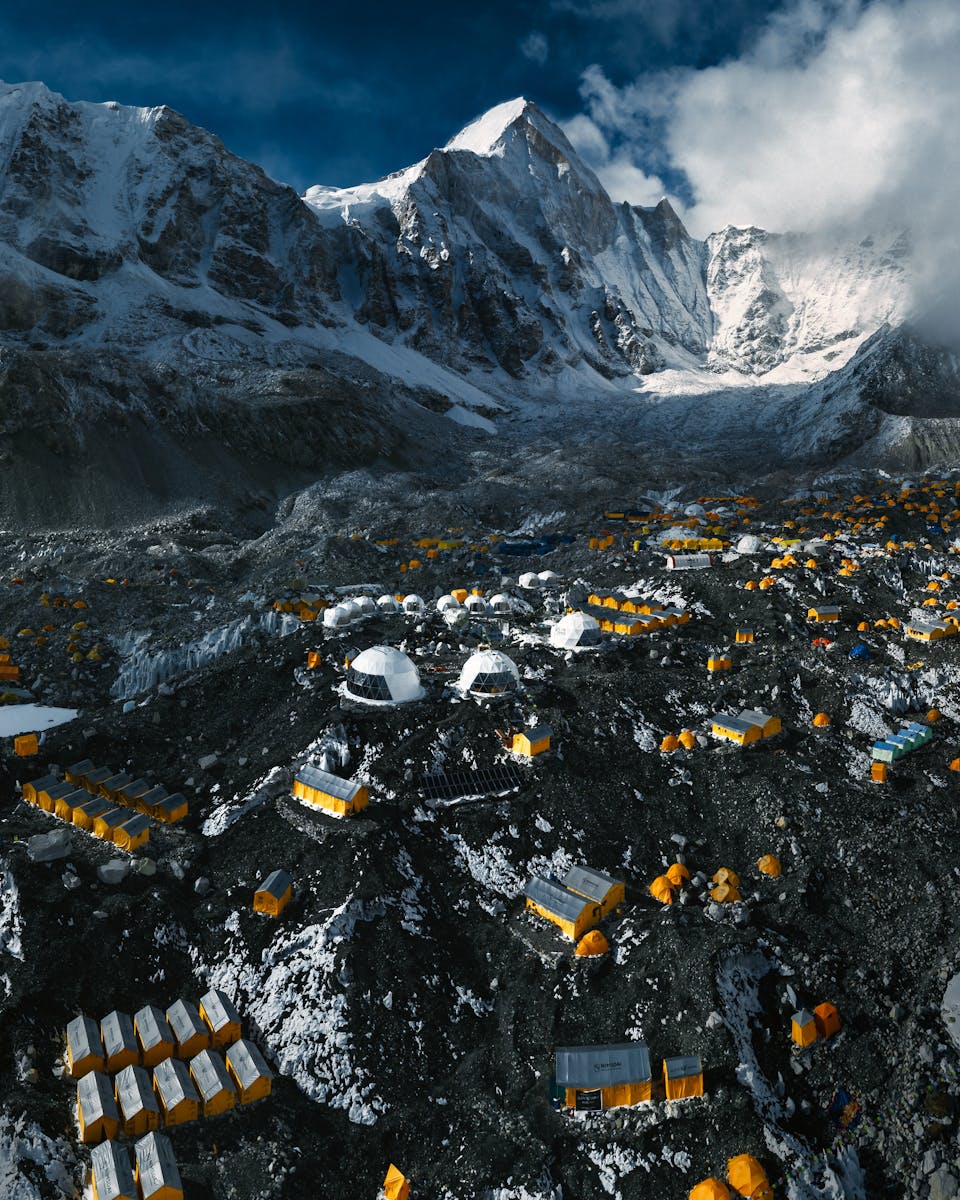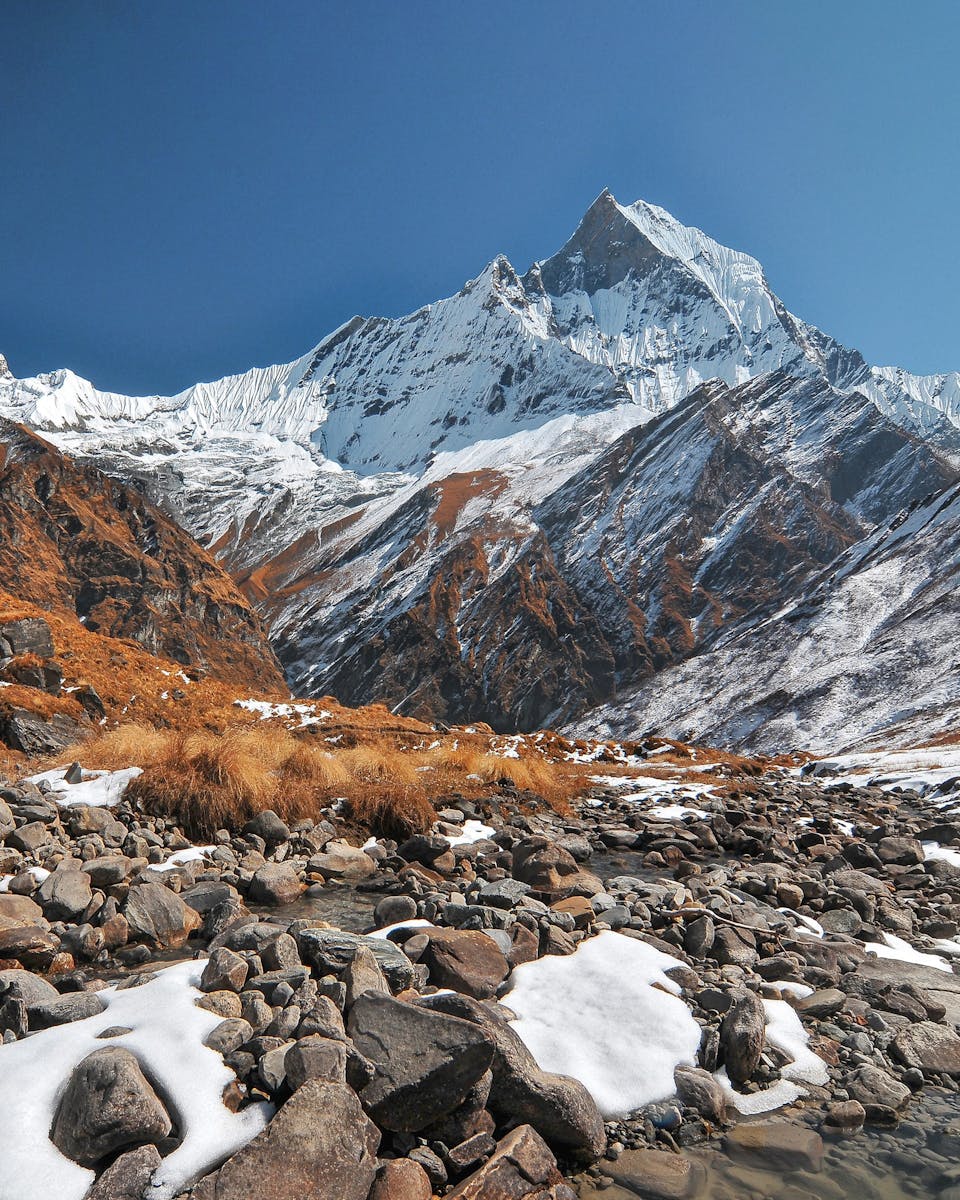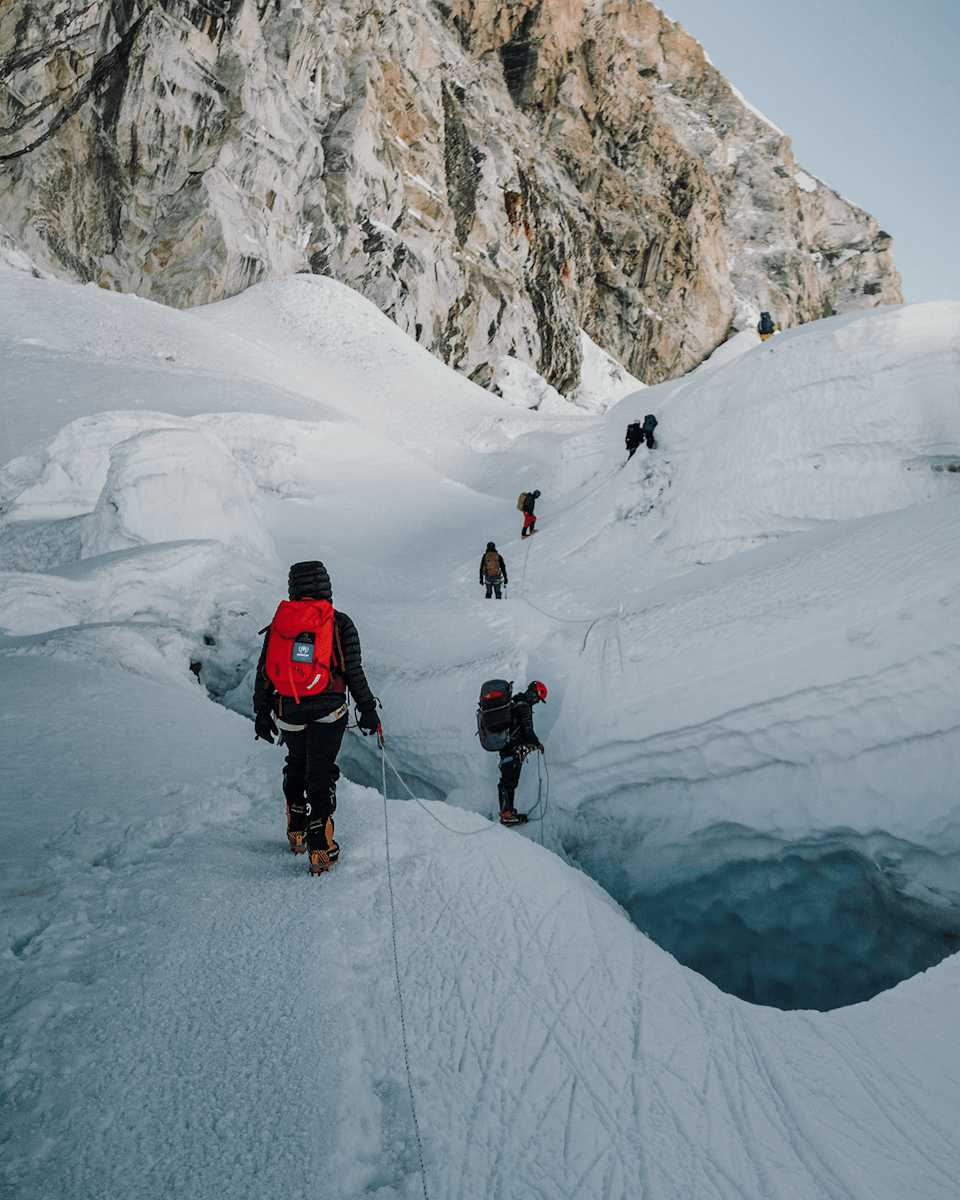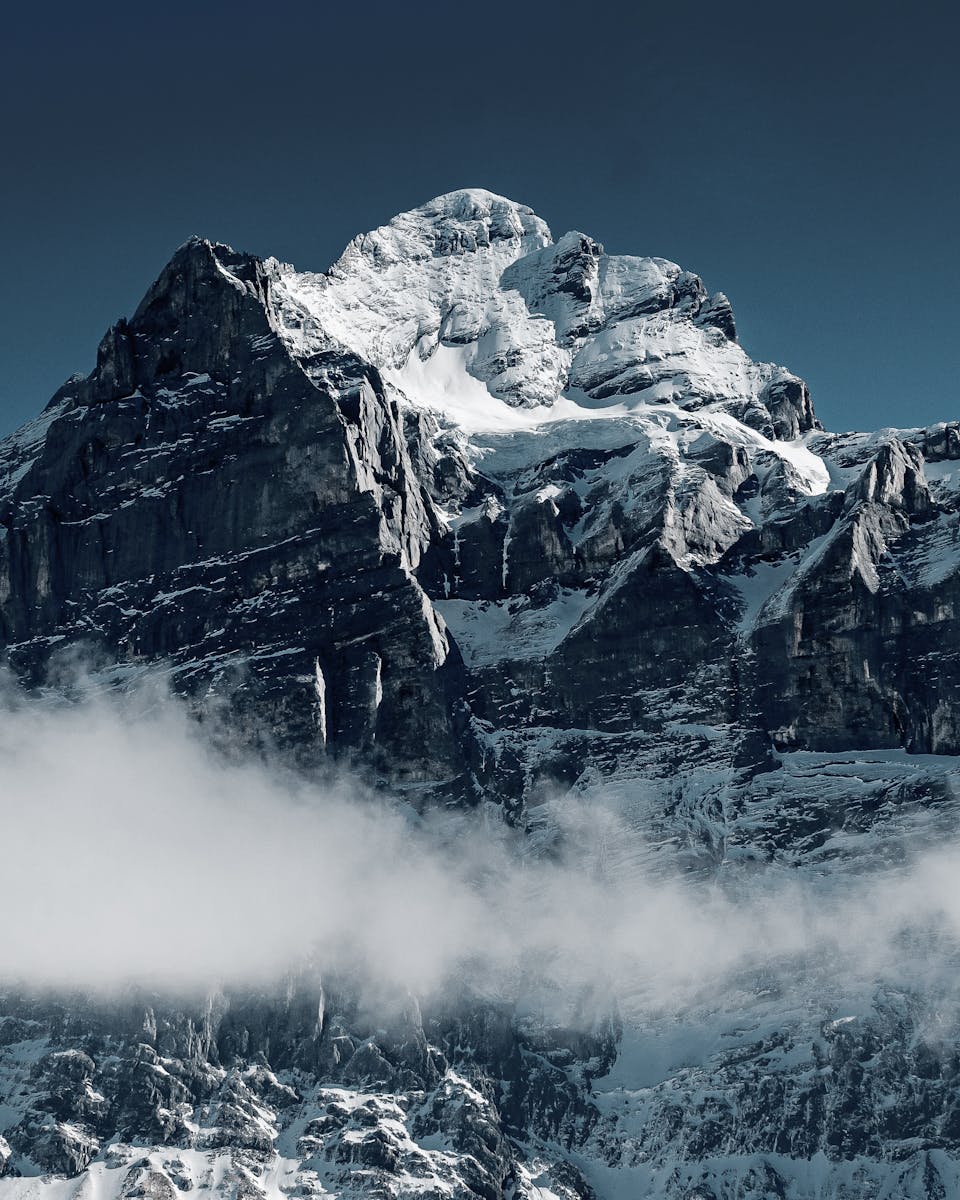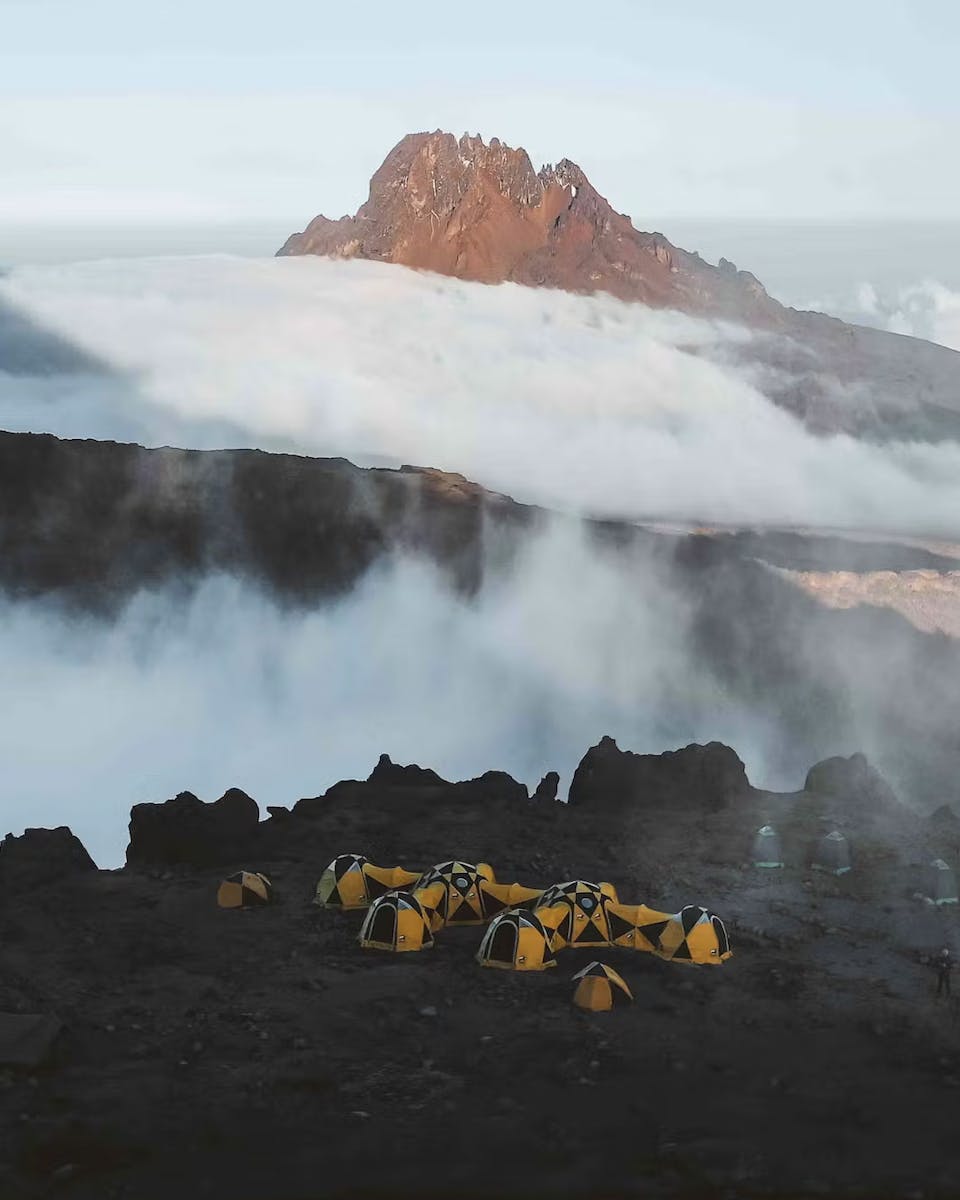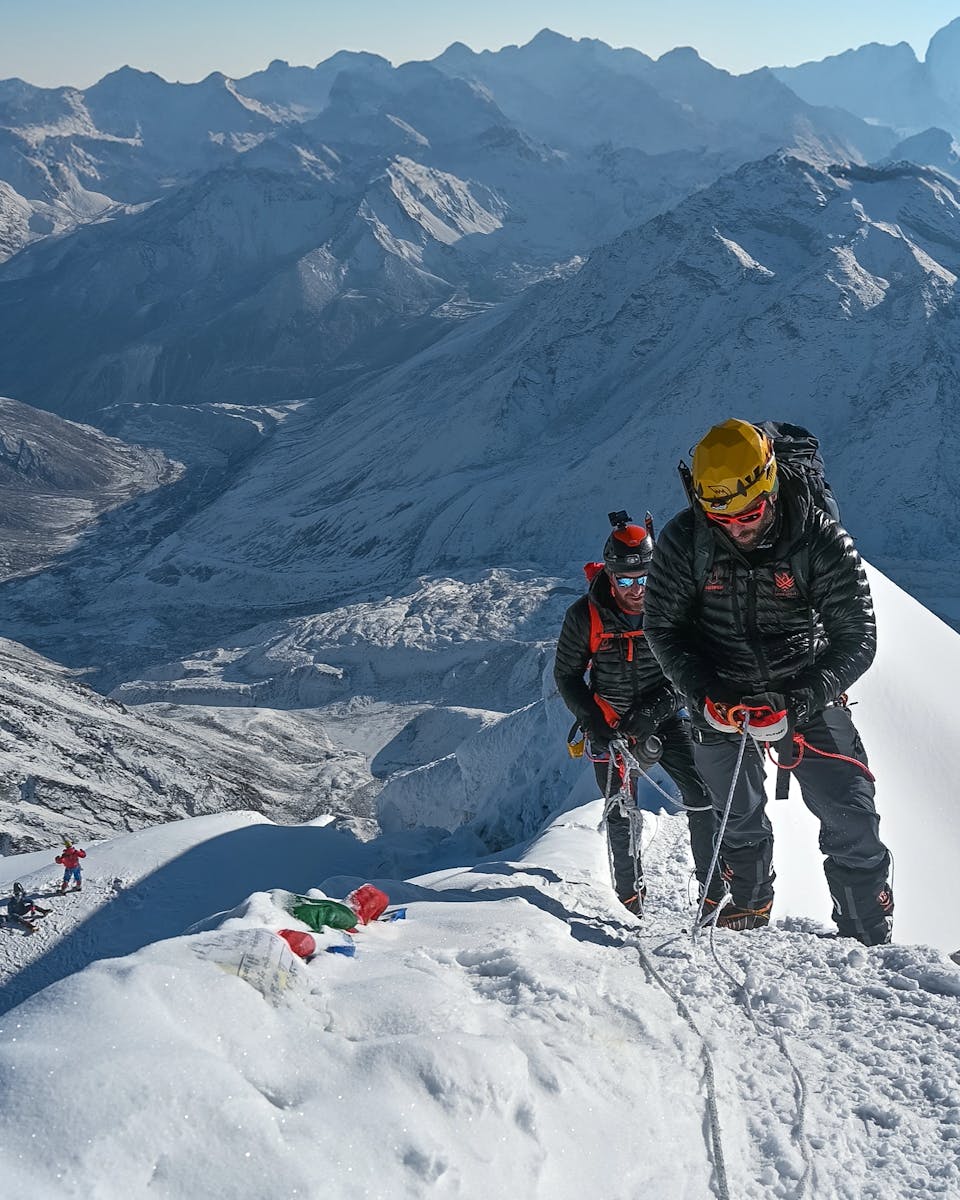In order to prep your body for an attempt on any mountain that requires intense discipline and level of fitness for that summit push.
We have put together exercises and training to help you get ready for the exped ahead. High altitude mountaineering requires a high level of cardio vascular fitness as well as a strong and determined mindset to #Achieveyournewpossible.
We would like you to focus on training in two different area which would aid you a lot when it comes to the actual expedition:
Cardio Fitness Level:
Hiking/Trekking: This has to be uphill where possible and covering long distances and time periods to build yours body’s endurance, We also recommend a weighted backpack, boots and to be out for 4-5 hours at a time.
Cycling: To include the hills over rough terrain and long periods at a time to push your body. This is great for building cardio, endurance, aerobic and muscular training, don’t forget to wear a helmet!
Swimming: The primary benefits for climbing are aerobic and cardiovascular conditioning. Swimming is great way to exercise and protect your joints/muscles from injury!
Long distance & Trail running: Running is has the most benefits for aerobic and cardiovascular conditioning. If you can run on trails and, most importantly add significant hills, you will achieve and increased relevant muscular and cardiovascular development.
Strength and Endurance:
Gym or at home: Focusing on strength and conditioning which includes lower body weighted exercises, Flexibility and mobility as well as building a strong back to help with carrying your kit on expeditions!
For climbing, it is advantageous to increase whole-body’s strength, especially in the legs, core, and upper body. You can improve your physical capabilities by doing strengthening exercises (compound workouts) with correct forms like squats, deadlifts, lunges, planks, sit-ups, push-ups, and pull-ups. Your body will be better prepared for the prolonged effort needed throughout the trek/climb.
Mobility and flexibility: Exercises at the conclusion of each training session will aid in recovery and reduce the risk of injury to the body; alternatively, you can benefit from yoga classes 2-3 times a week, which include an exercise that will increase flexibility in important muscle groups like lower back, quadriceps, hamstrings, and calves.
Burpees: - One of the best workouts you can do that works on your cardiovascular, muscle and endurance, and mental capacity. Start at 25 burpees a day 5-6 times a week. Progress onto 50 burpees 5-6 times per week. Then 100 burpees 4-5 times a week. Ensure good stretch is done each burpees session.
There should be a regular regime with a minimum requirement of 4 times a week in physical activities split between weights and cardio.
Mental Resilience:
It takes resilience and mental toughness to adapt to mountain life. Your perseverance and motivation may be put to the test by long trekking days and even spending long periods at high altitudes whilst enduring severe weather, and difficult terrain. Your total fitness for the climb will be improved by mentally preparing to push yourself harder than ever before, engaging in meditation or mindfulness exercises, and maintaining a good outlook can help prepare the mind for the expedition ahead!
We recommend that you start training yesterday, the big mountains require respect & discipline they are by no means an easy task, the more you train the more you will enjoy the climb and expedition!
Basically, your objective in practising outside or on the cardio machines should be to push yourself aerobically and anaerobically where you should complete an activity for as long and as hard as possible, remembering certain limits and your very own health.
When you are first getting started, it probably won't take much time at a high level of activity to wear yourself out. As you get further into your training schedule and get into better shape, these thresholds will increase, and you will be able to go further and harder before reaching a new point of exhaustion and pushing through your bodies boundaries.

